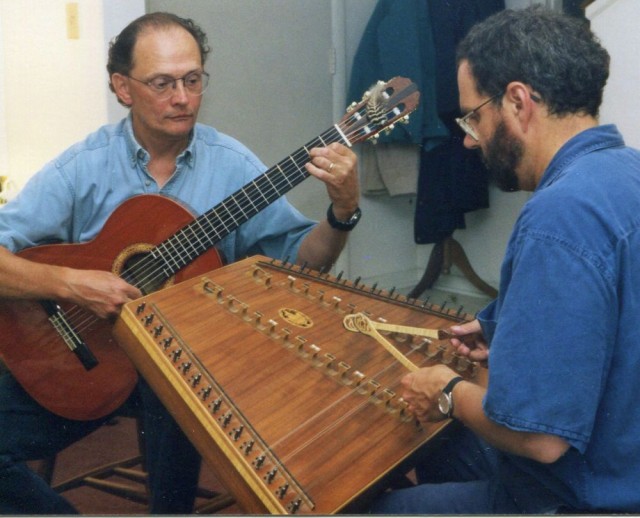Information about Cookies
A cookie is a small piece of data (usually a text file) that a website asks your browser to store on your computer or mobile device. It enables the website to remember your actions and preferences (such as login, language, font size and other display preferences) over a period of time, so you don’t have to keep re-entering them whenever you come back to the site or browse from one page to another. Most browsers support cookies, but users can set their browsers to decline them and can delete them whenever they like. Cookies can be used to collect and store user data while connected to provide you with requested services. More information about cookies can be found at http://www.aboutcookies.org.
In addition to cookies that remember your preferences mentioned above, cookies are used for the purpose of purchasing items off this website, and for login and user profile details should you provide them by creating an account or signing up for the blog posts or newsletter.
Third party cookies are also used on this site. Specifically, Google Analytics is used on this site -- a popular web analytics service provided by Google, Inc. Google Analytics uses cookies to help us analyze how users use this site. It counts the number of visitors and tells us things about their behavior overall – such as the typical length of stay on the site or the average number of pages a user views.
The information generated by the cookie about your use of our website (including your IP address) will be transmitted to and stored by Google on servers in the United States. Google will use this information for the purpose of evaluating your use of our website, compiling reports on website activity and providing other services relating to website activity and internet usage.
Google may also transfer this information to third parties where required to do so by law, or where such third parties process the information on Google's behalf. Google undertakes not to associate your IP address with any other data held by Google.
If you have Adobe Flash installed on your computer (most computers do) and utilize audio or video players, Google Analytics will try to store some additional data on your computer. This data is known as a Local Shared Object or Flash cookie. This helps us to analyze the popularity of our media files.
Finally, this website makes use of Google Maps. Google Maps is used to provide locations for Timothy Seaman's performances. In clicking on a performance location, you can allow or deny Google Maps knowledge of your location for purposes of getting directions from your location to the event site.
You can control and/or delete cookies as you wish – for details, see aboutcookies.org. You can delete all cookies that are already on your computer and you can set most browsers to prevent them from being placed. If you do this, however, you may have to manually adjust some preferences every time you visit a site and some services and functionalities may not work.
Your failure to control and/or delete cookies for this site constitutes your acceptance of cookies as outlined above.




